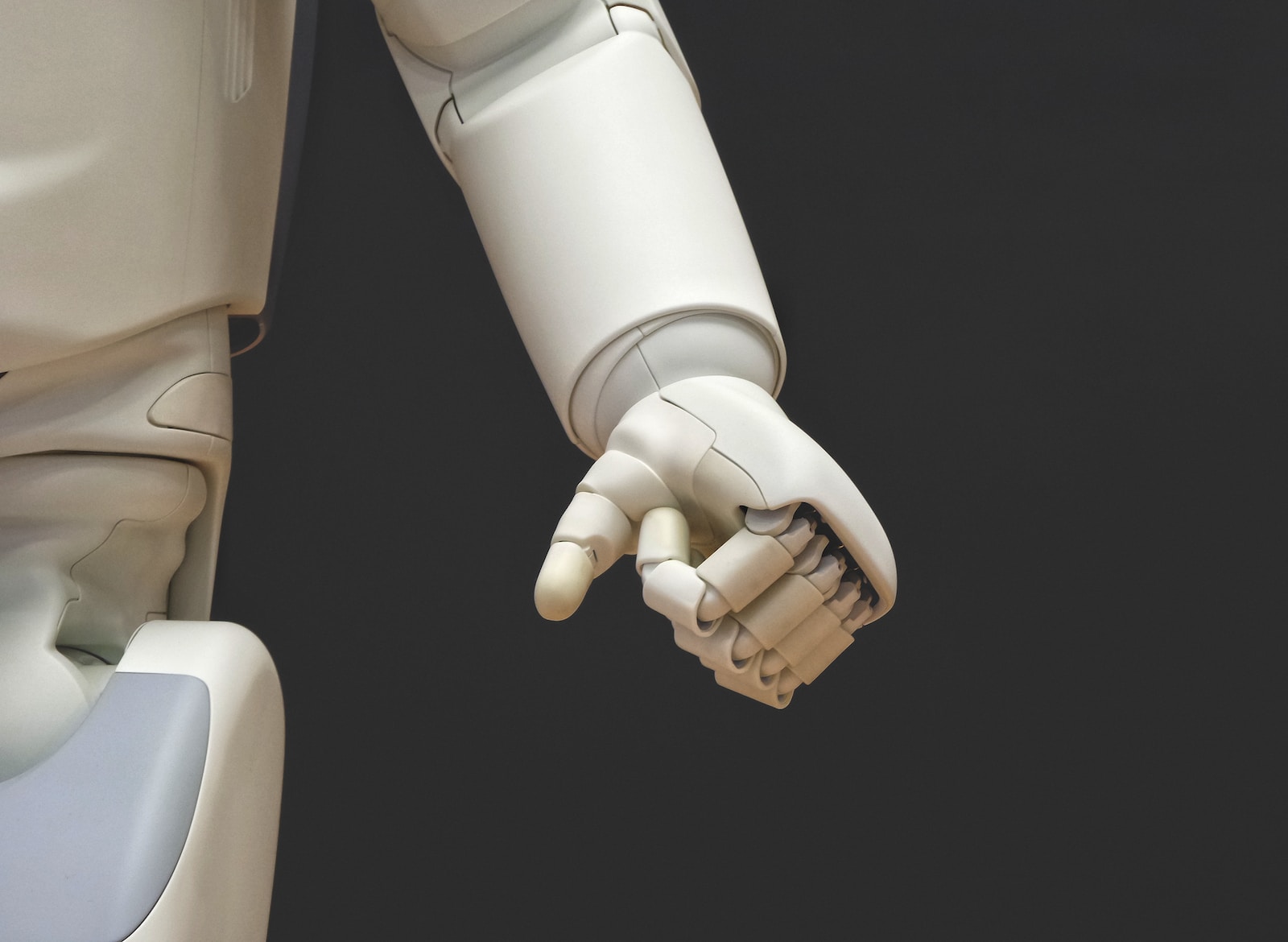AI breakthrough can prevent falls in older people
A healthtech company have launched an AI discovery that predicts elderly people falling at home and can help save the NHS over £500m per year.
Cera Care, a leading healtech organisation, have launched a new Artificial Intelligence (AI) discovery which can detect when older people could have a fall at home a week in advance with 83% accuracy.
The new device has been well celebrated by the company as according to recent research, around a third of people aged 65 and over, and around half of people aged 80 and over, fall at least once a year in England. In 2021/22 there were 223,101 hospitalisations as a result of a fall by people over the age of 65 and the total annual cost in the UK of fragility fractures – common conditions that arise as a result of a fall – have been estimated at £4.4bn.
To gather how the device works, Cera’s carers and nurses, who deliver 50,000 home visits per day to patients on behalf of the NHS, recorded behaviour changes in patients such as poor sleep which helped to predict whether they were at-risk of falling.
Unlike many recent AI breakthroughs, this technology requires the in-person human interaction of a carer or nurse and their patient, and it should be noted that it is not replacing any task currently delivered by a human.
Cera’s new AI, if applied to all people over the age of 65 years old currently receiving social care in England, could predict around 110,000 falls related hospitalisations per year, a week before they occur, making the impact on the NHS seismic. Cera’s data projects that by reducing the number of hospitalisations as a result of a fall, the savings to the NHS could be up to £550 million per year.
Dr Ben Maruthappu MBE, Founder and CEO of Cera, said: ‘Cera has been pioneering technology and AI in home healthcare for several years. This breakthrough could stop thousands of elderly people from falling over and ending up in hospitals.’
‘It is avoidable, and we want to work with local authorities and the NHS to stop these falls and deliver better care,’ Ben said. ‘This not only helps people live longer, healthier lives in their own homes, but in turn also reduces pressures on the NHS and has the potential to save up to £550m per year.’
Image: Possessed Photography
















